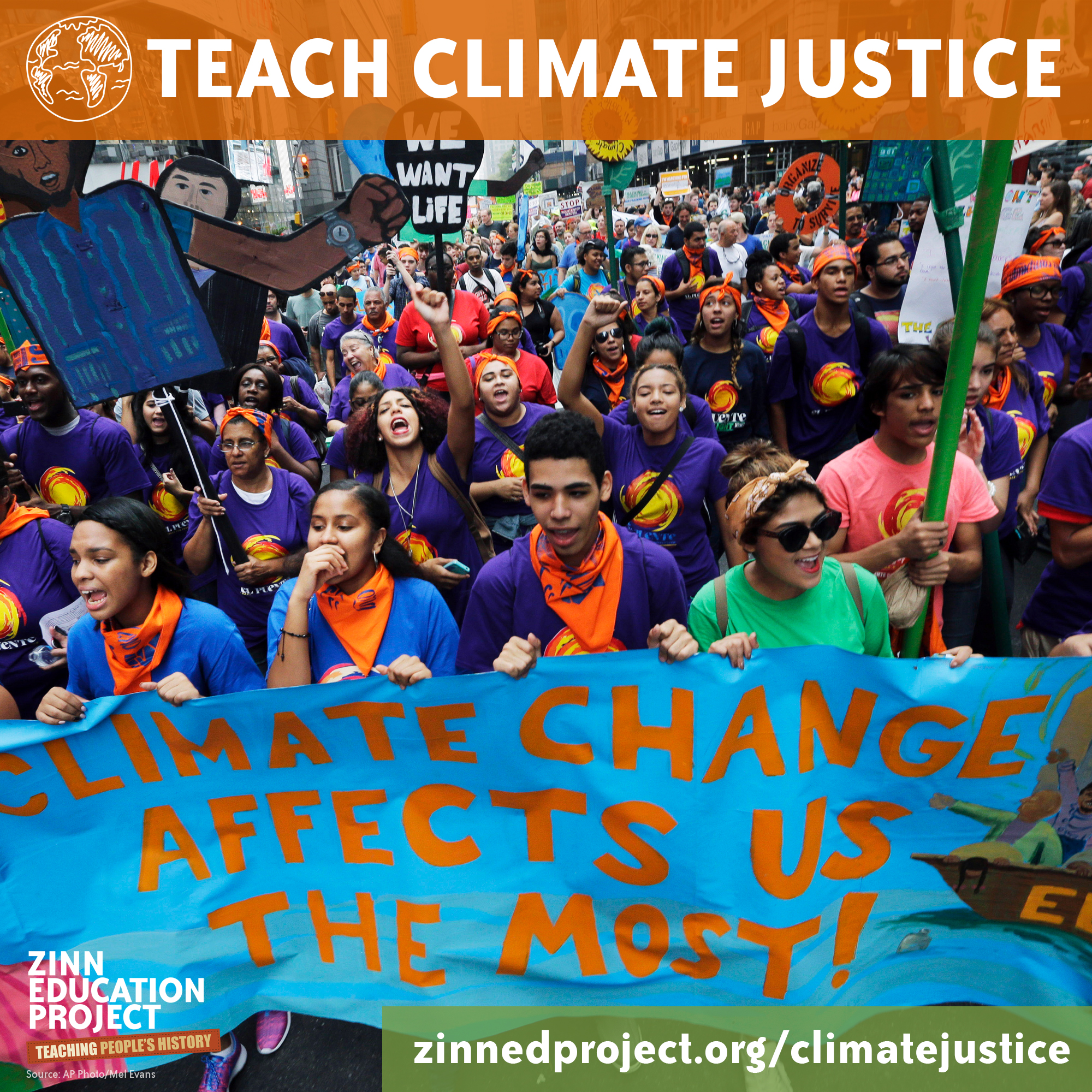 The newest Intergovernmental Panel on Climate Change (IPCC) report, compiled by hundreds of experts and scientists over the last eight years, was released this week.
The newest Intergovernmental Panel on Climate Change (IPCC) report, compiled by hundreds of experts and scientists over the last eight years, was released this week.
The Guardian wrote: “Human activity is changing the Earth’s climate in ways ‘unprecedented’ in thousands or hundreds of thousands of years, with some of the changes now inevitable and ‘irreversible,’ climate scientists have warned.”
But as Nick Estes pointed out on Twitter, “Not all ‘humans’ or societies are equally responsible for the climate crisis when 20 energy companies are responsible for a third of carbon emissions.”
“Inevitable,” “irreversible” climate change does not mean “universal” blame on all humanity. Not all “humans” or societies are equally responsible for the climate crisis when 20 energy companies are responsible for a third of carbon emissions. https://t.co/QfB4fdwZ8U
— Nick Estes (@nickwestes) August 9, 2021
The deep inequality that is both cause and consequence of the climate emergency is at the heart of our insistence on teaching for climate justice, not merely climate literacy. As Bill Bigelow writes,
Our language about the climate crisis can inadvertently, and wrongly, equalize it. The climate belongs to us all; global warming is happening everywhere on Earth — so all must be similarly affected. But students need to see how this crisis is tearing through the world in profoundly unequal ways — with some losing lands and lives, and others cushioned from its effects behind gates of privilege.
Check out our #TeachClimateJustice campaign resources, including free downloadable lessons, recommended books and films for the classroom, articles, and a sample school board climate justice resolution.
The Attack on Anti-Racist Teaching Is an Attack on Environmental Justice Teaching
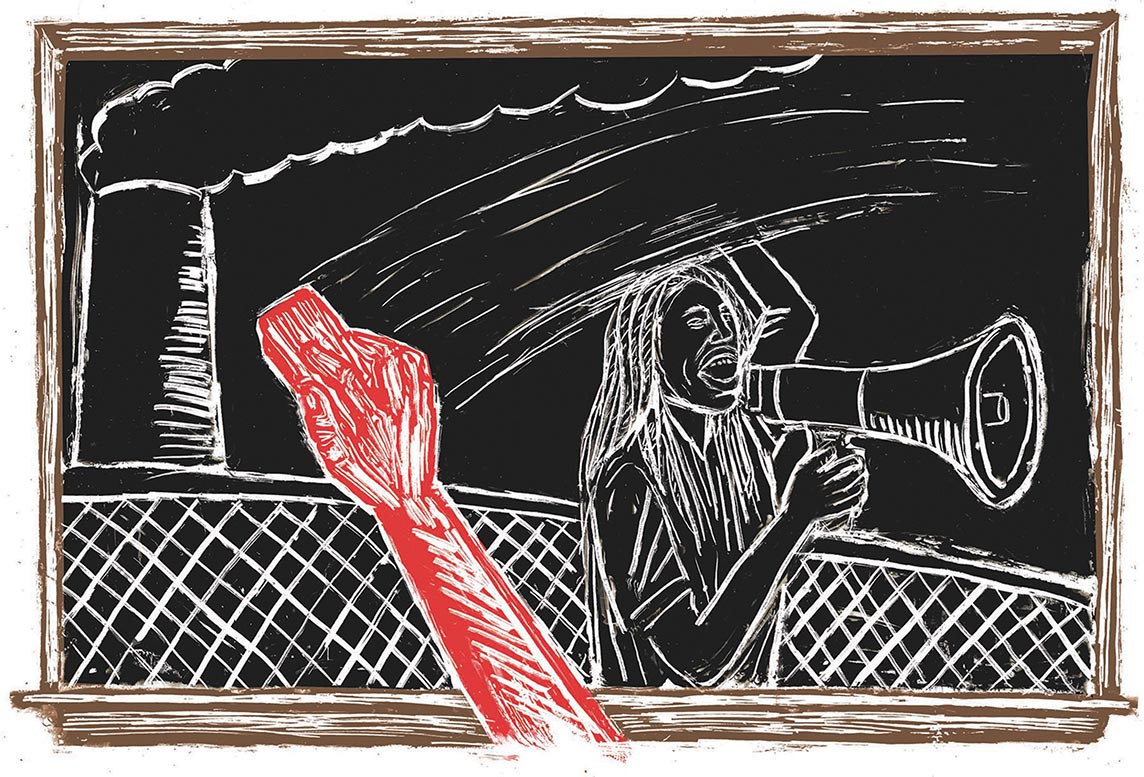 Legislators in at least 28 states have passed laws — or are attempting to pass laws — to prohibit teachers from putting racism at the center of their classroom inquiry about the nature of U.S. society. It is now a crime for a teacher in Iowa, for example, to suggest that the United States is “fundamentally or systematically” racist.
Legislators in at least 28 states have passed laws — or are attempting to pass laws — to prohibit teachers from putting racism at the center of their classroom inquiry about the nature of U.S. society. It is now a crime for a teacher in Iowa, for example, to suggest that the United States is “fundamentally or systematically” racist.
But the hailstorm of legislation attacking anti-racist education has a less obvious target: teaching about the environment and about climate change. Continue reading this Rethinking Schools article by Bill Bigelow.
Essential Guide: A People’s Curriculum for the Earth
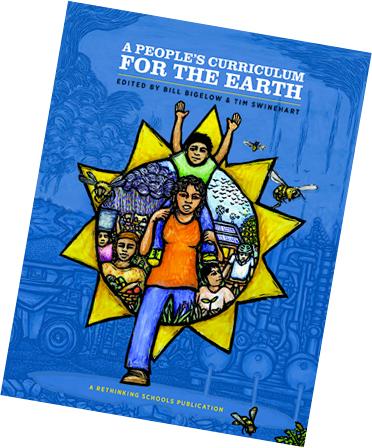 At a time when it’s becoming increasingly obvious that life on Earth is at risk, lessons from A People’s Curriculum for the Earth help students see what’s wrong and imagine solutions.
At a time when it’s becoming increasingly obvious that life on Earth is at risk, lessons from A People’s Curriculum for the Earth help students see what’s wrong and imagine solutions.
This collection of articles, remote-learning-friendly role plays, simulations, stories, poems, and graphics helps breathe life into teaching environmental justice.
Order your copy at RethinkingSchools.org.

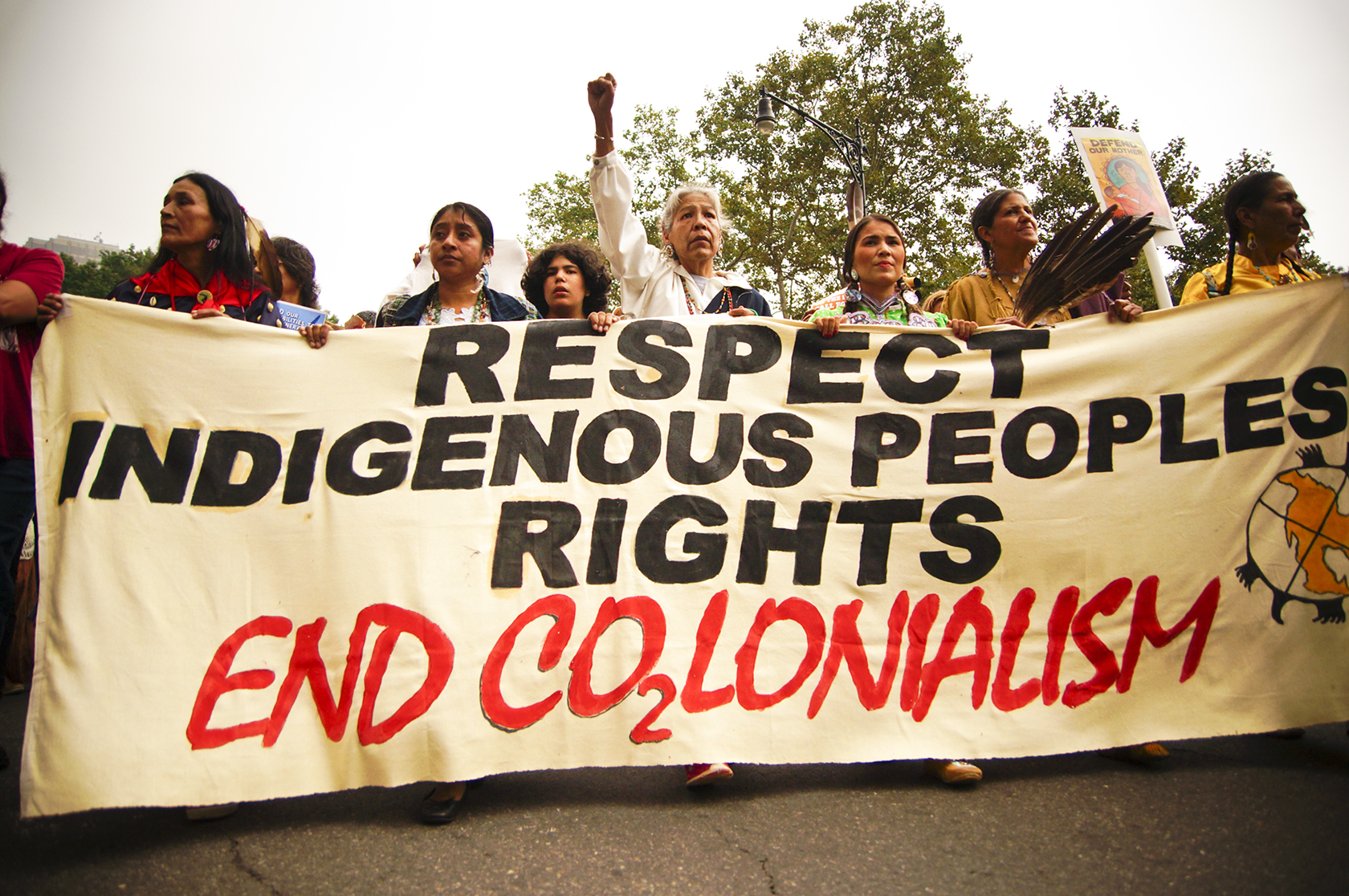

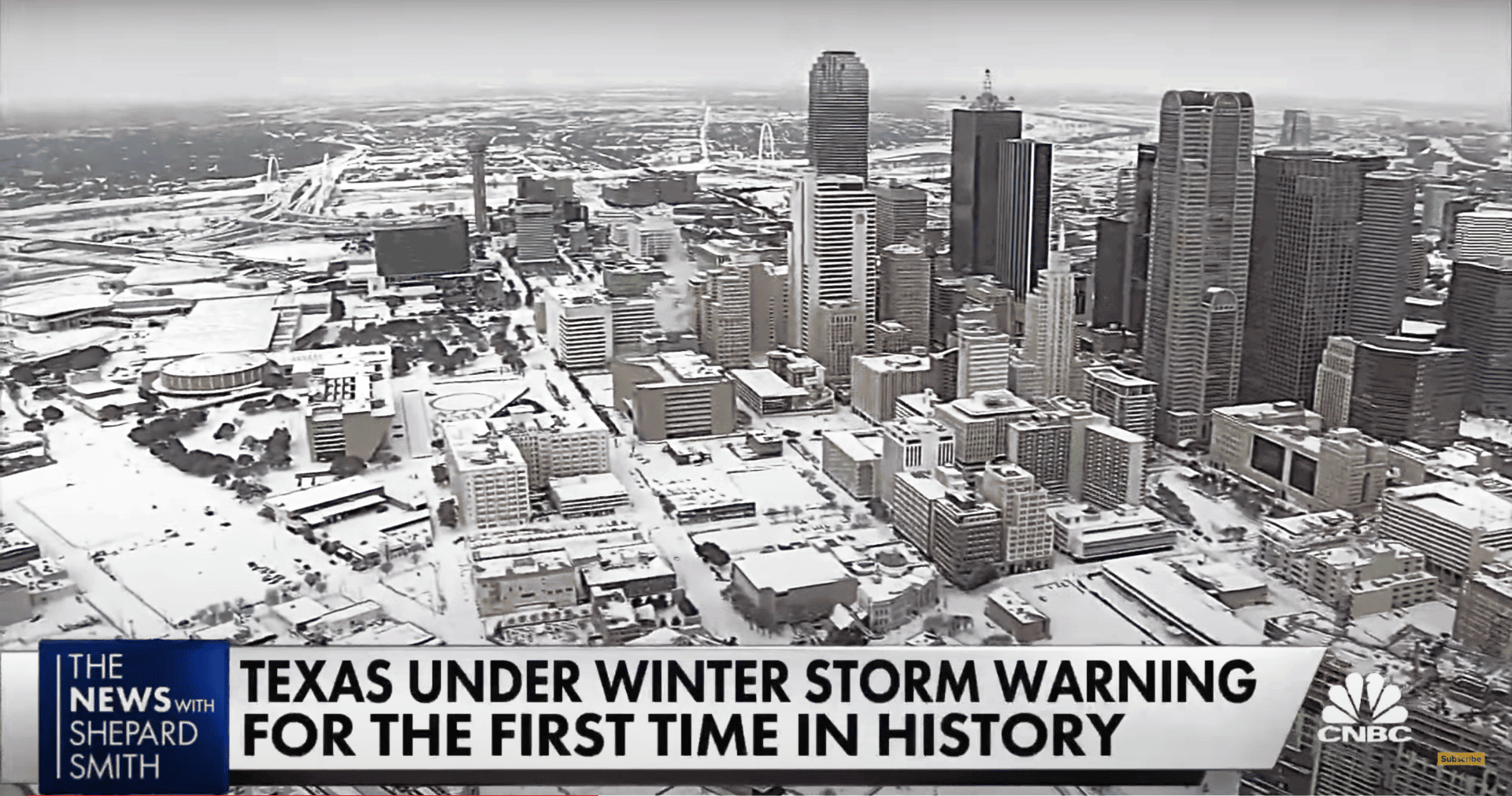
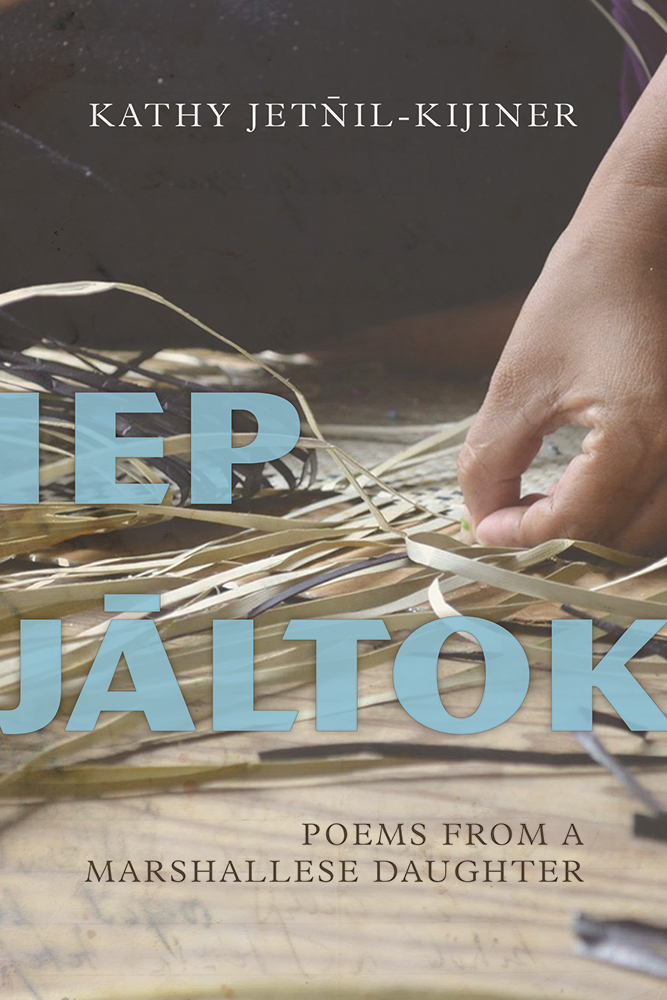
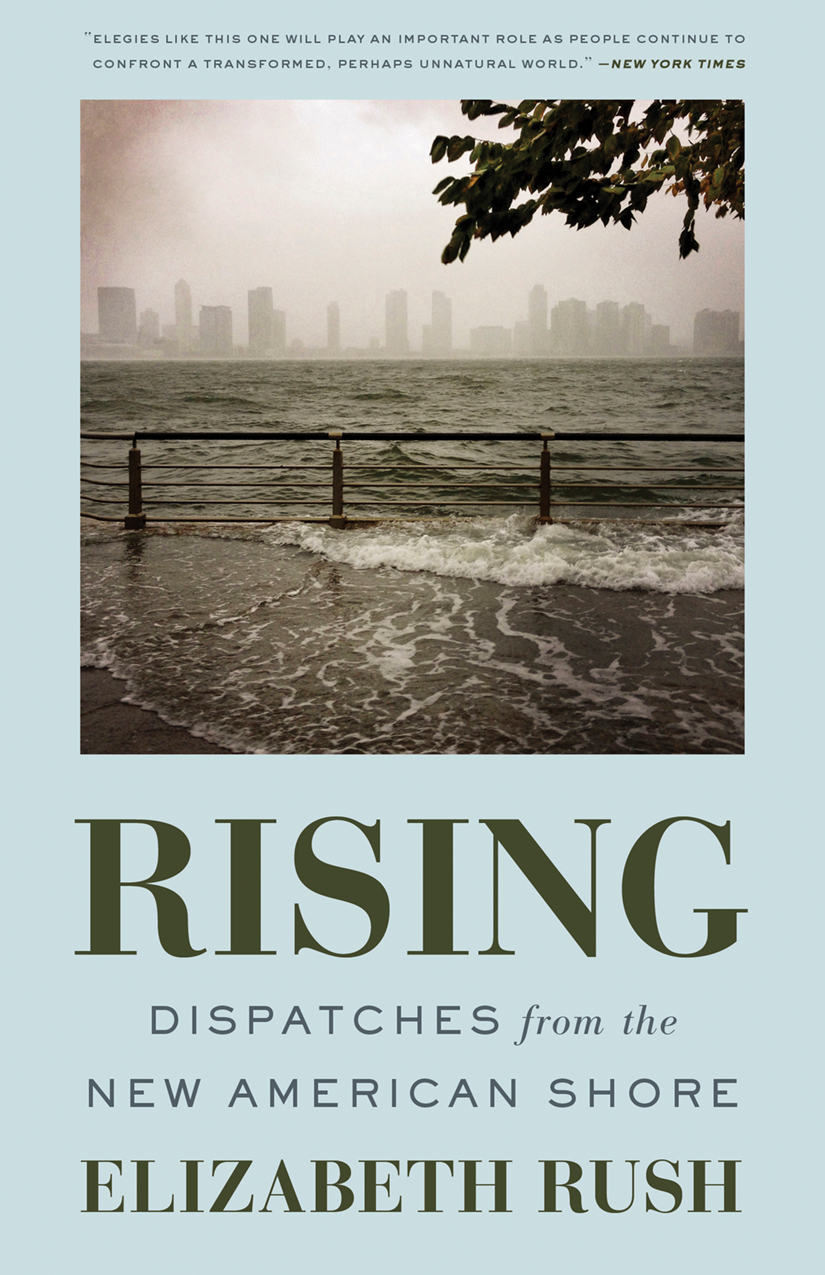





Twitter
Google plus
LinkedIn